FMS Lab
Area: 108.58 Sq.m
Centrifugal Pump, Pelton Turbine,
Franscis Turbine, Kaplan Turbine, Gear
Pump, Reciprocating Pump.
CAED Lab
Area: 52.44 Sq.m
Systems-21 (HP core i3 and Dual core),
Canon LBP 2900b Laser printer,100mps
and 1gbps switch, UPS equipped with
LED projector & installed with Solid
edge software
Foundry & Forging Lab
Area: 108.58 Sq.m
Sand Testing Equipment & Core Testing,
UTM Compression Testing Machine,
Sand Ramming Tools, Mould Boxes &
Paterns, Gas furnace
MS & MT Lab
Area: 64.4 Sq.m
Metallurgical Microscope 2 Nos, Polishing Machine for Specimen
Material Science & Inst
Area: 66.62 Sq.m
Metallurgical Microscope, Polishing specimens Universal Testing Machine's Compassion Testing Machine
Heat Transfer Lab
Area: 99.68 Sq.m
Thermal Conductivity, Natural and forced convection, Emissivity, Heat exchanger, Pin-Fin apparatus, refrigeration and Air Conditioning.
CAD & CAM
Area: 52.44 Sq.m
Systems-20, M Tab Milling, Solid Edge Software 60 Licenses, Server Upgrade Dual Core, P4 2.8X2 160 4B Hard Disk, Analysis 13 SNX Can Software and UPS power backup.
Energy conversion Lab
Area: 65.41 Sq.m
Morse Test, Single cylinder Diesel Engine, Multi Cylinder diesel Engine, Air Compressor, Four Stroke Petrol engine,Redwood Viscometer, Pensky martin apparatus, Valve timing diagram.
Basic Workshop
Area: 153.64 Sq.m
Chisels-05, Hacksaw Frame-30, Electrodes, Welding Gun-2, Tongs-20, Cutters=15, Files-60, BenchWise-20, Welding Shield, Marking Gauge, tri-Square.
Design Lab
Area: 86.01 Sq.m
Governors, Balancing equipment, Gyroscope, Journal Bearing, Vibration Setup
Machine Shop
Area: 267.72 Sq.m
21 Lathe, 02 Shapers, 02 Milling, 01 Su 2101 Automatic Capstan & Turret Lathe, Are Welding Air-cooled & Hot Spot welding Testing equipment, Core Testing.
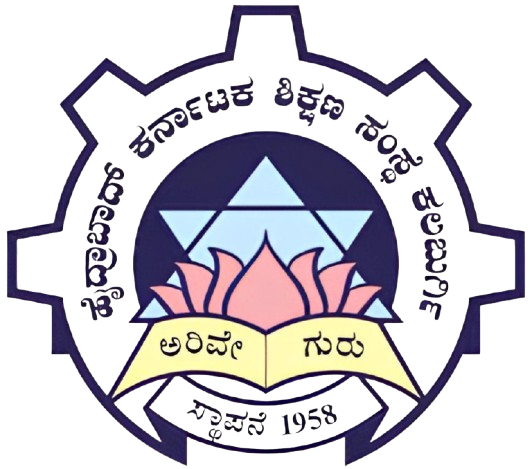
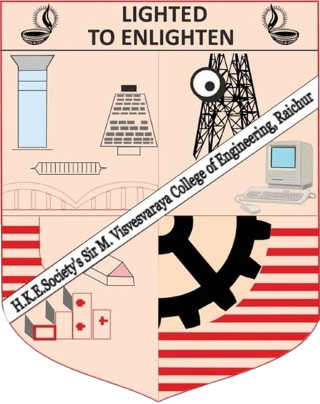
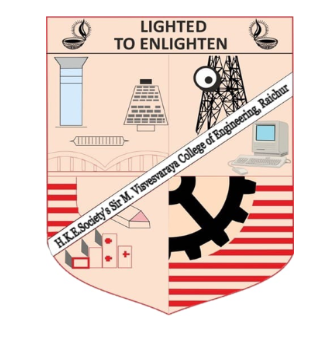

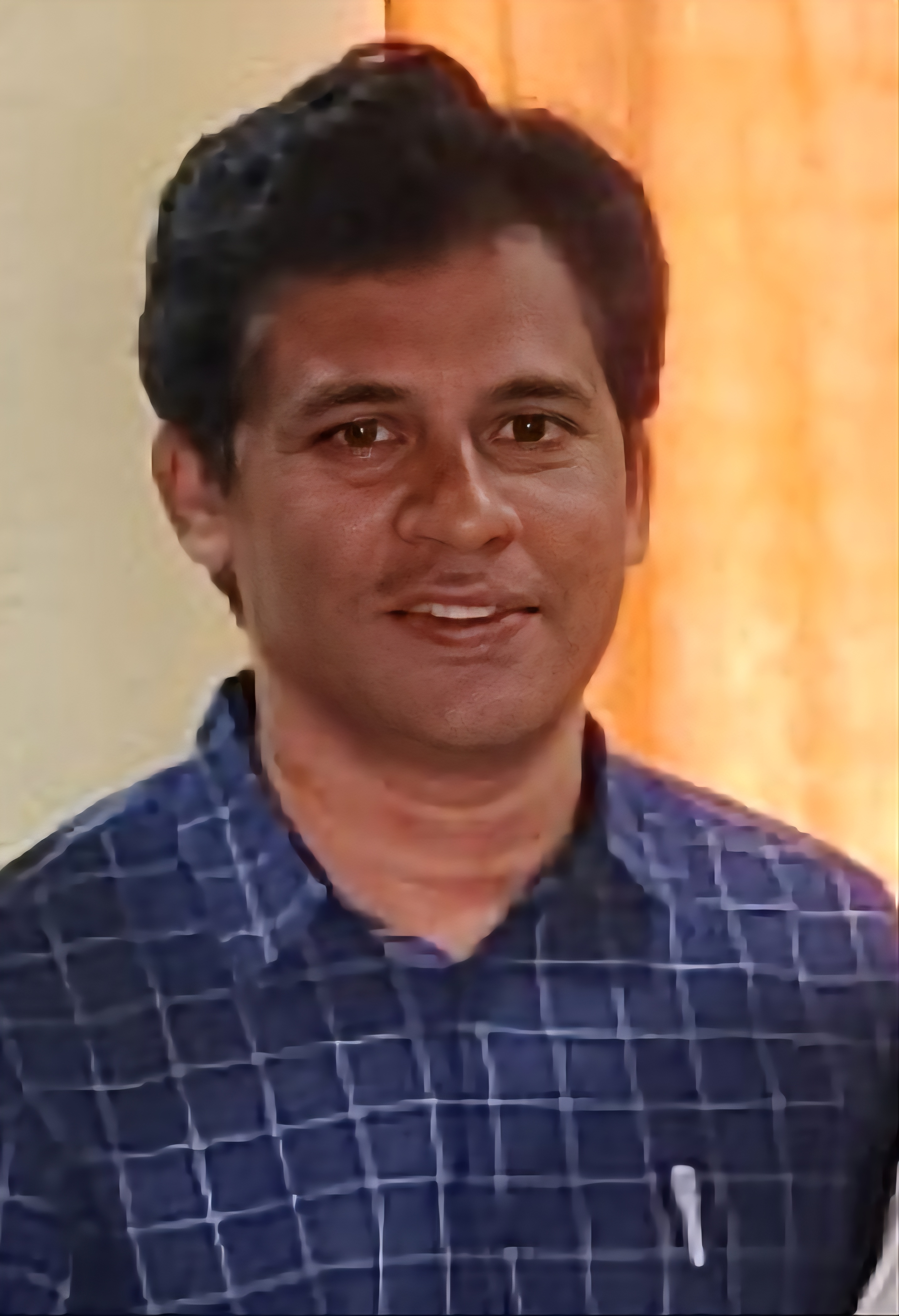
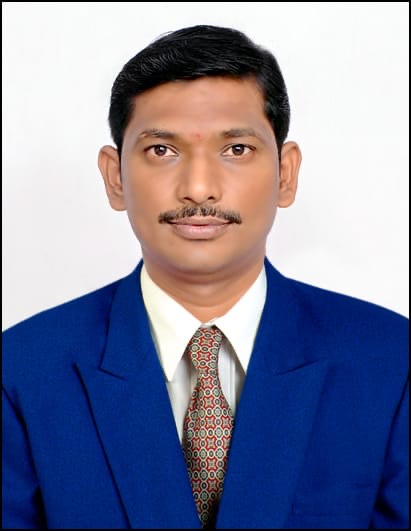
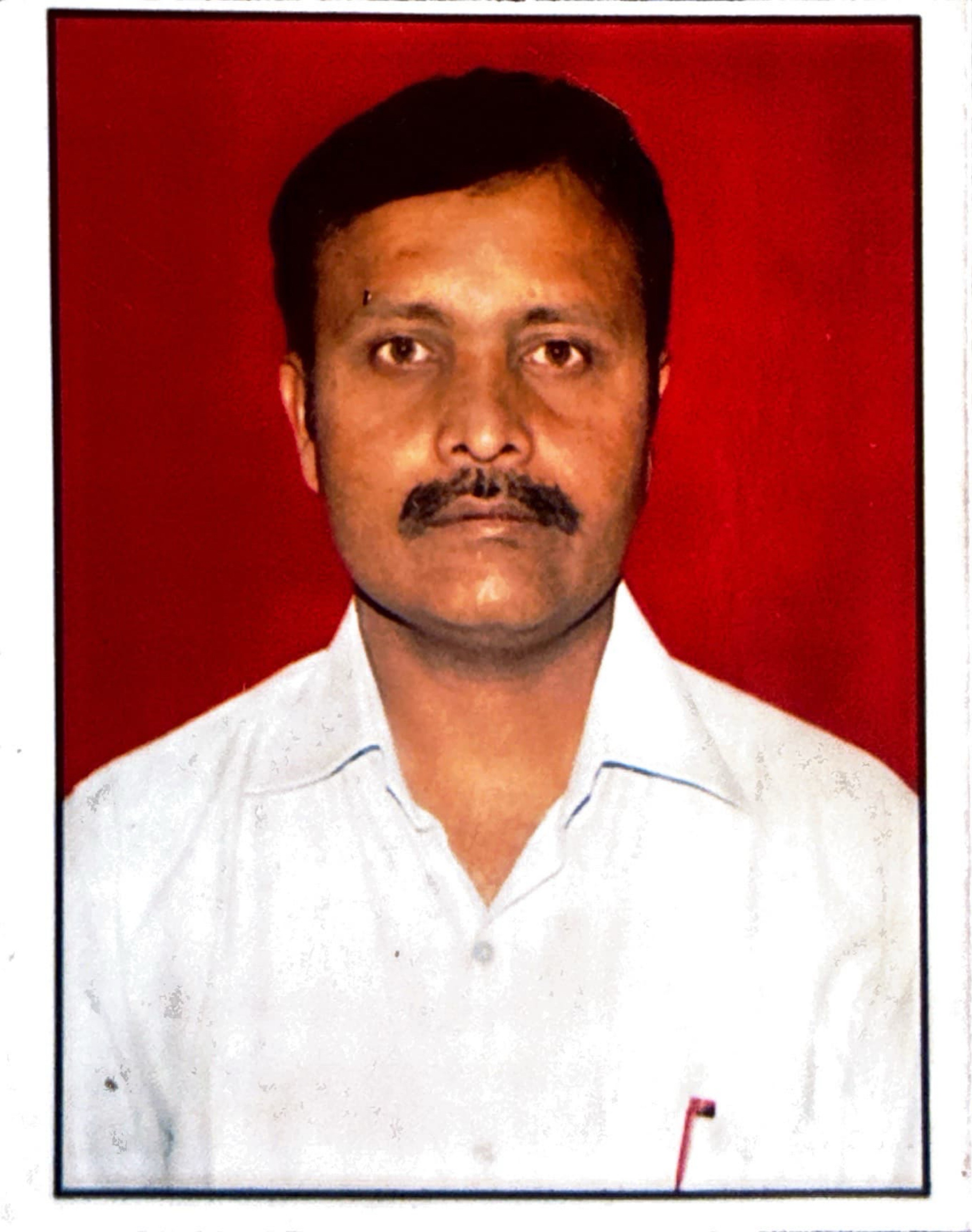
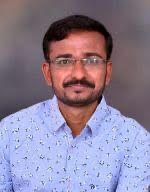
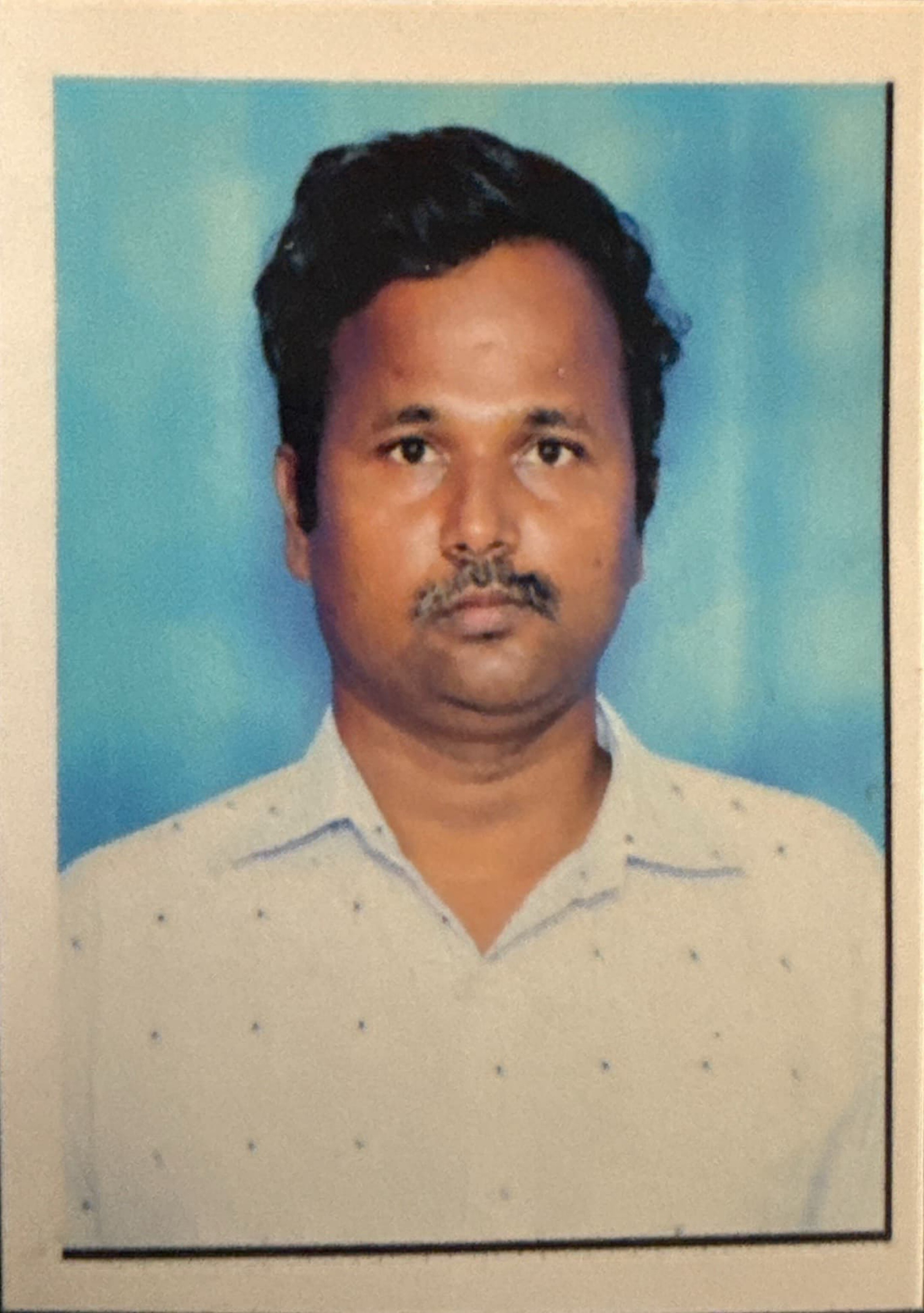
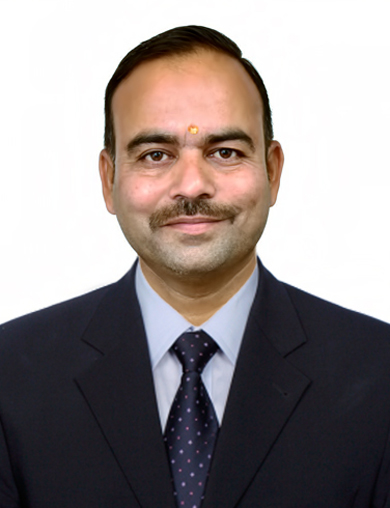
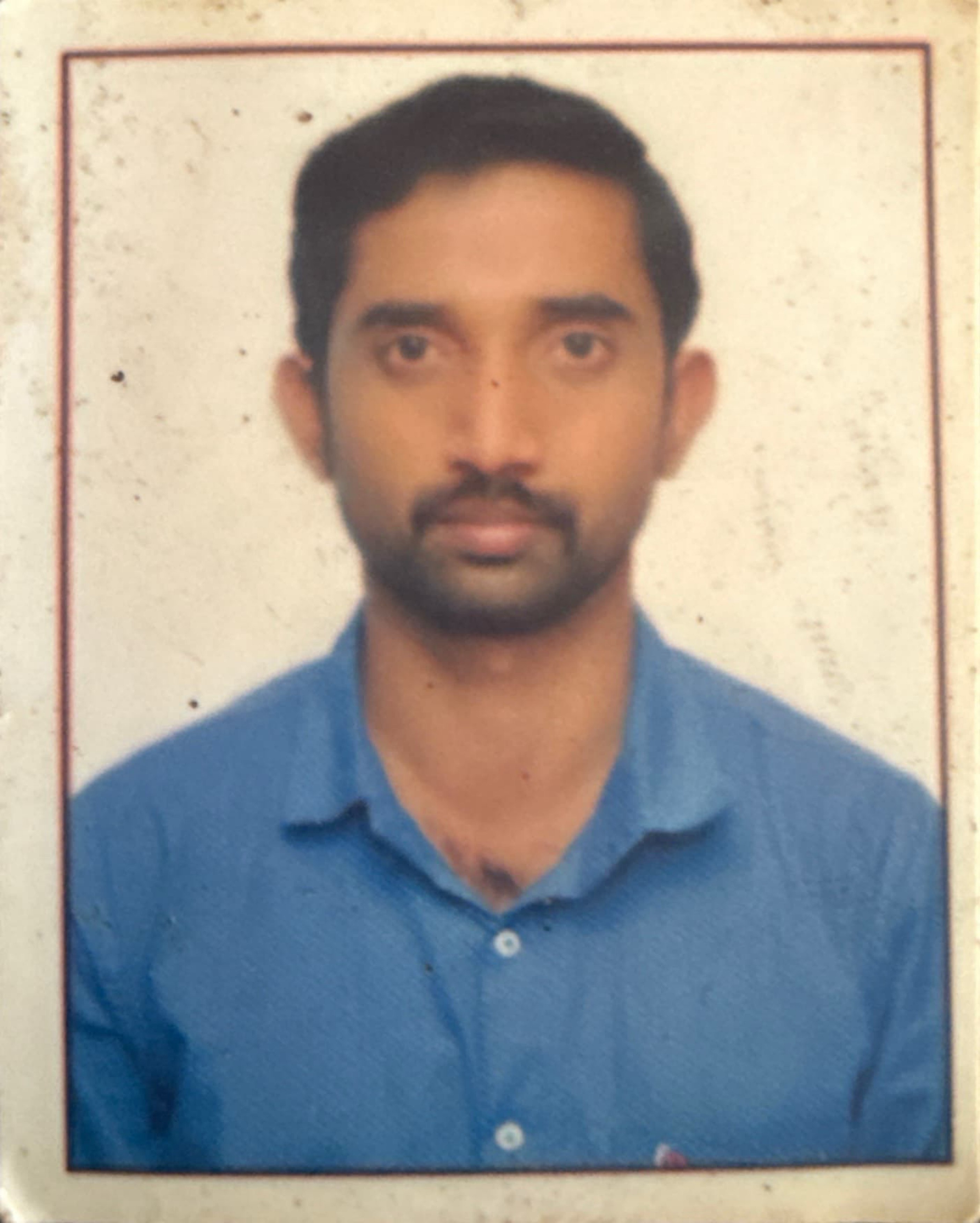


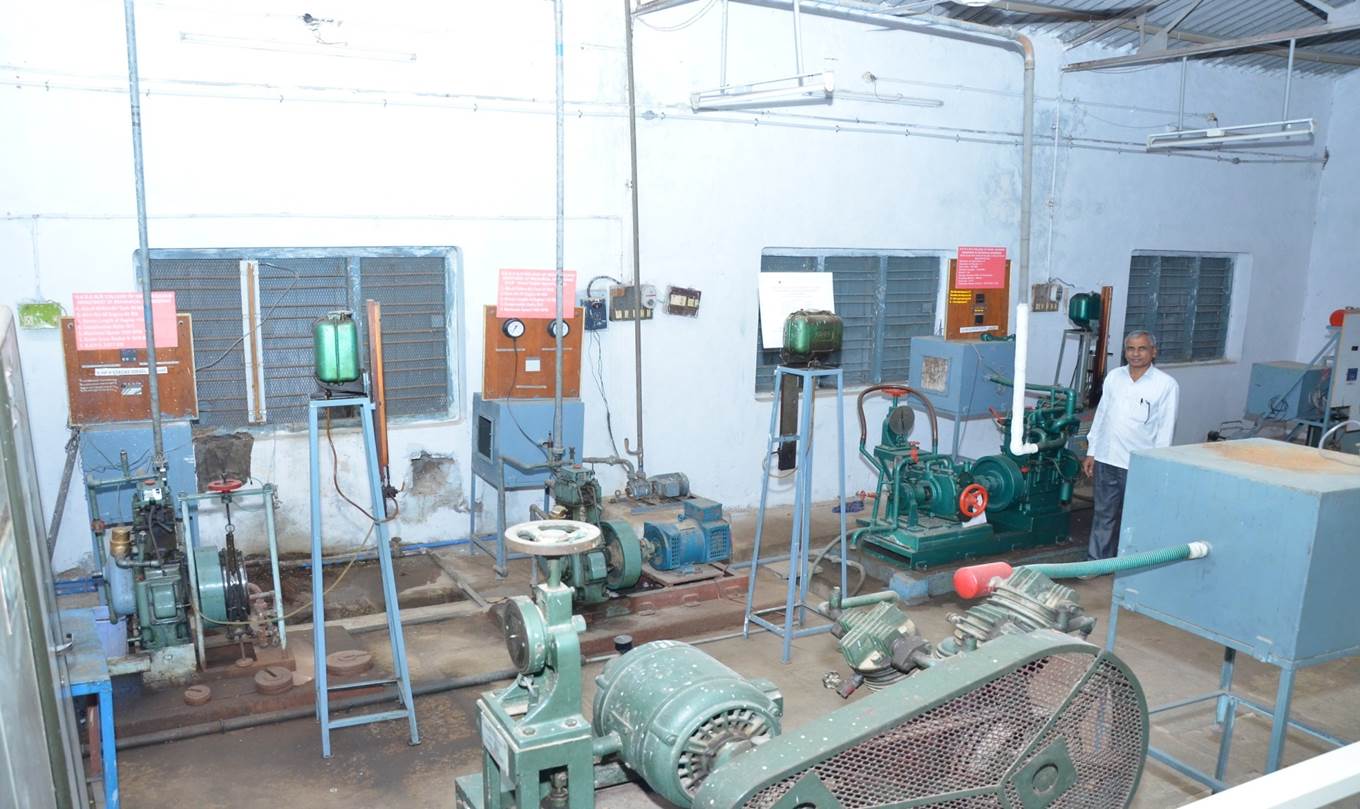
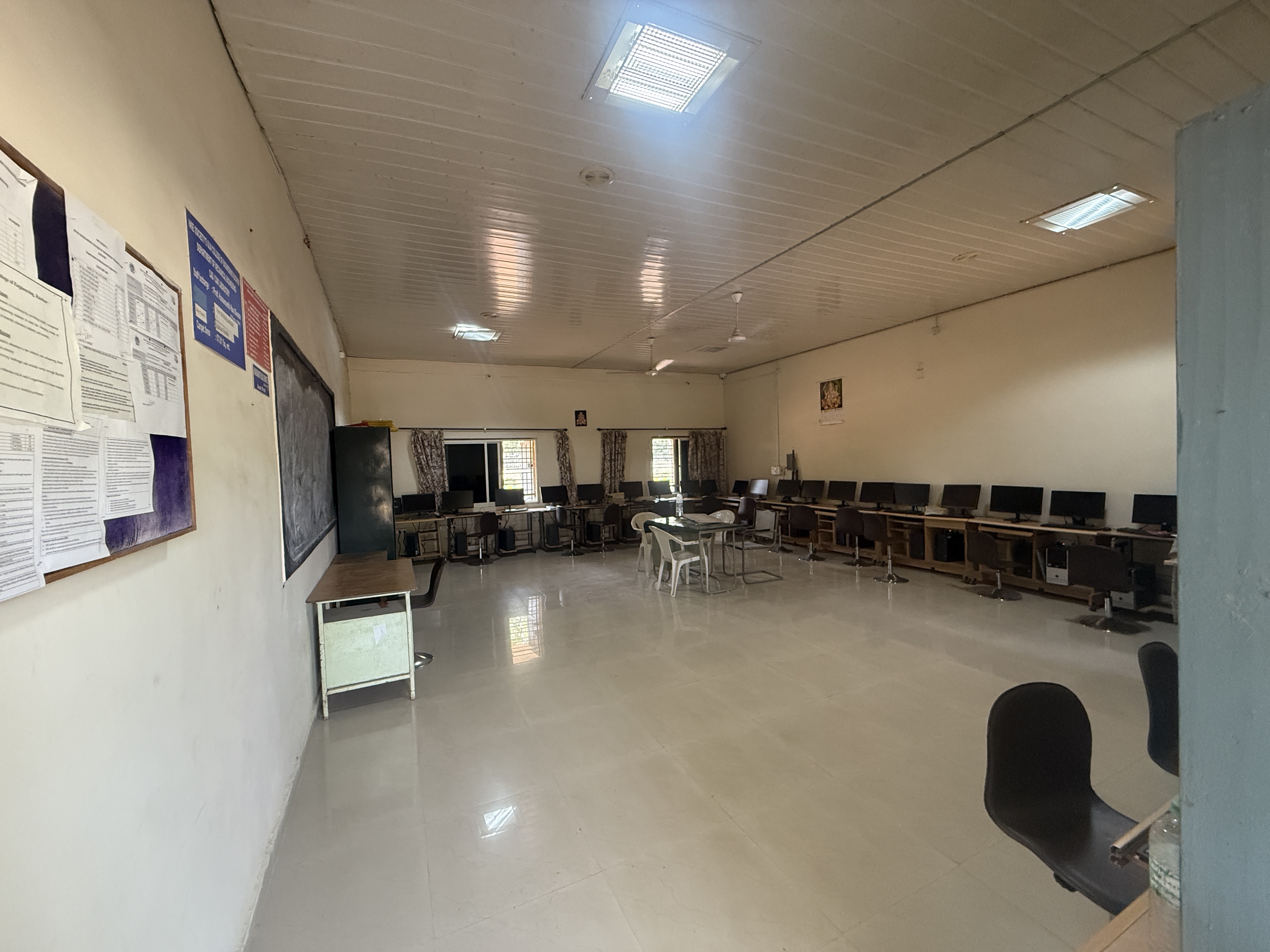
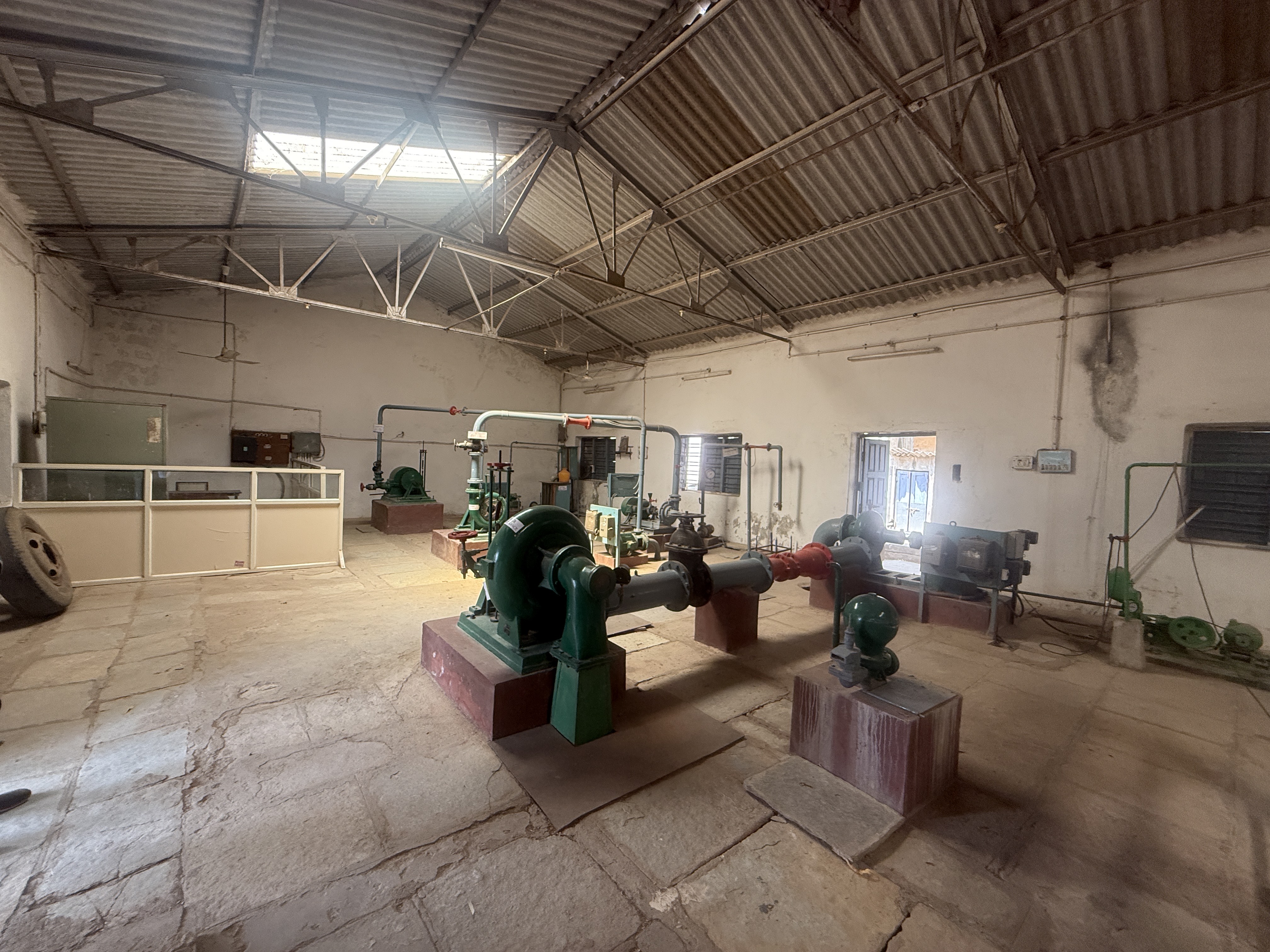
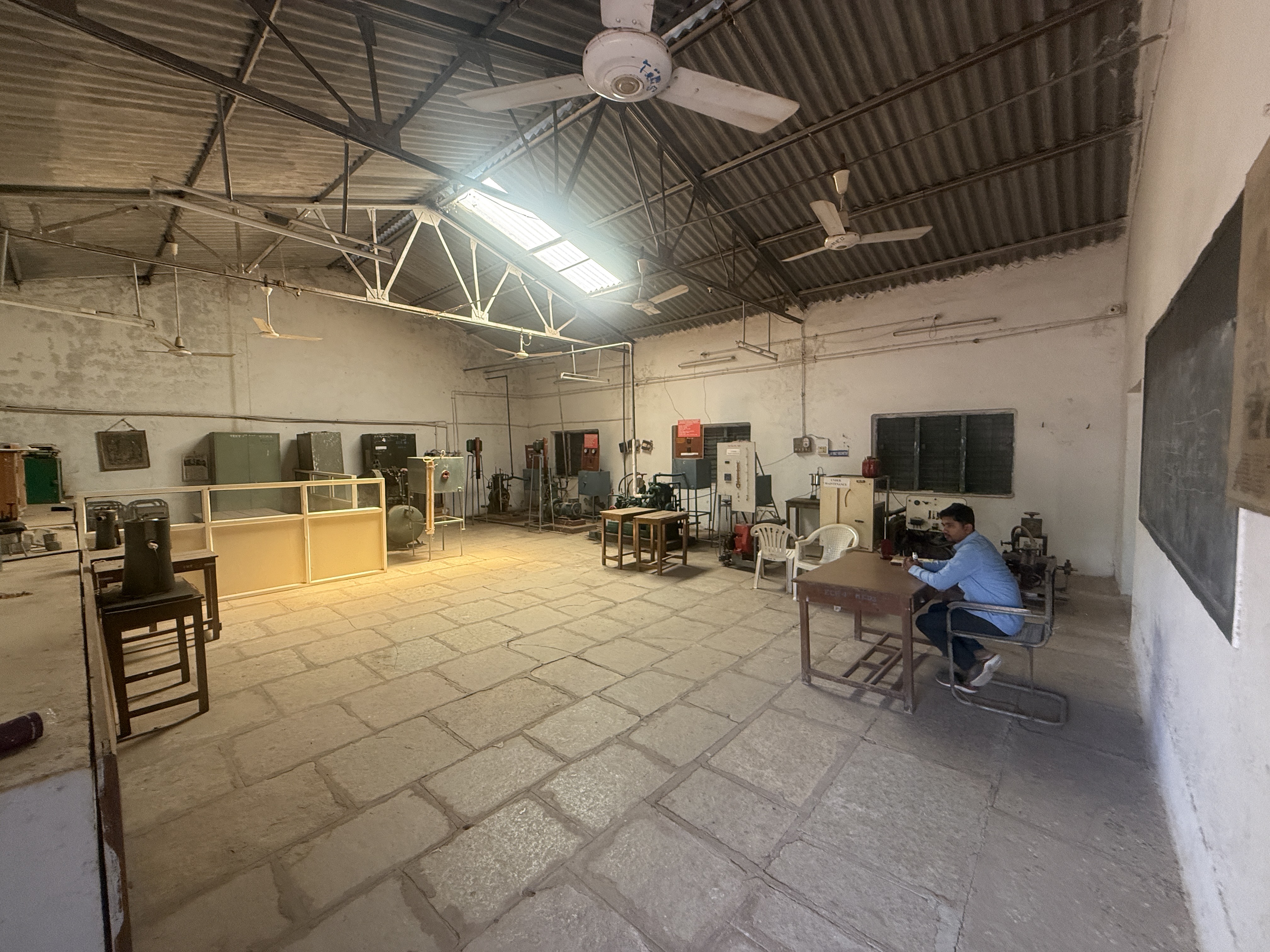
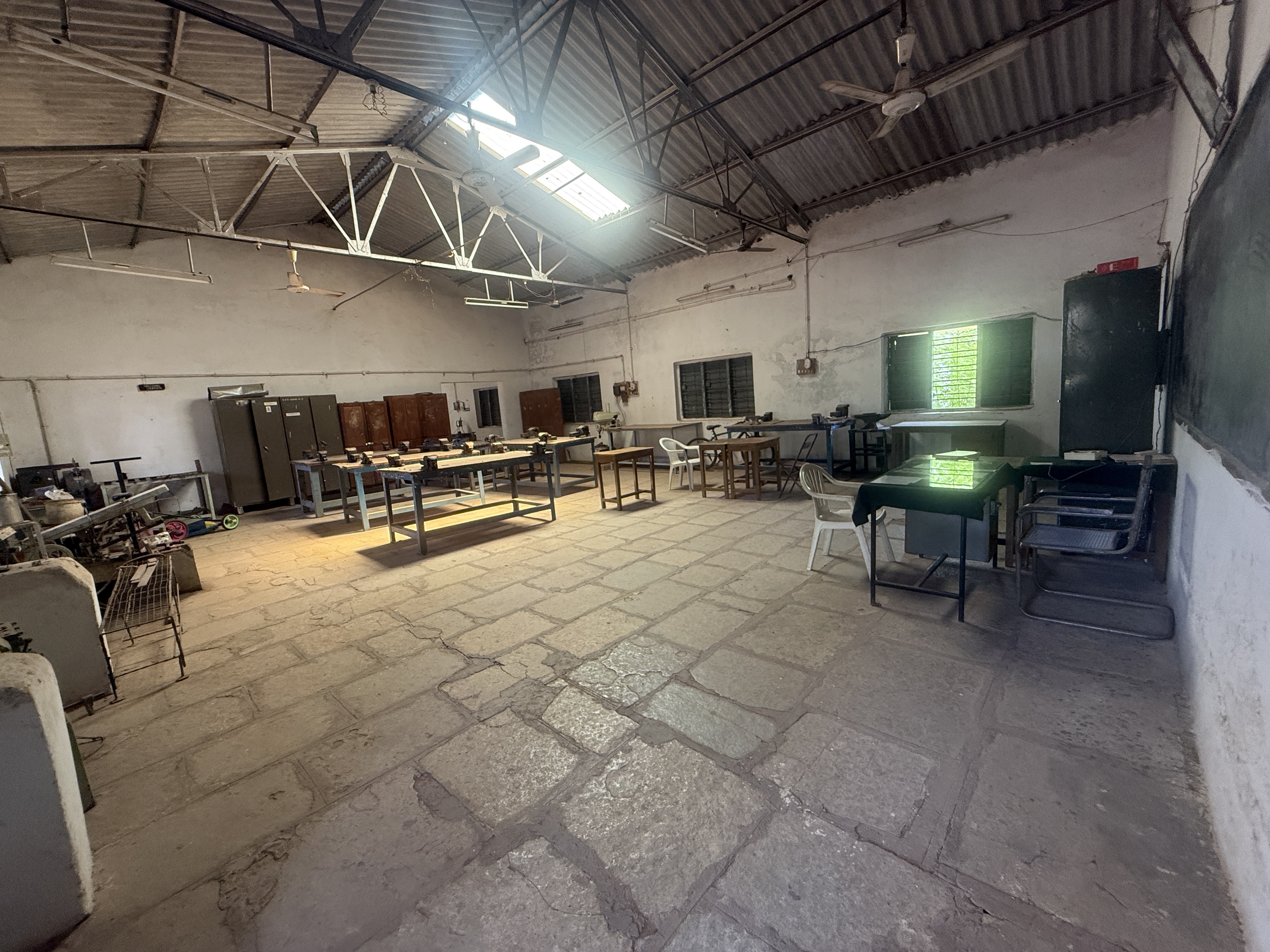
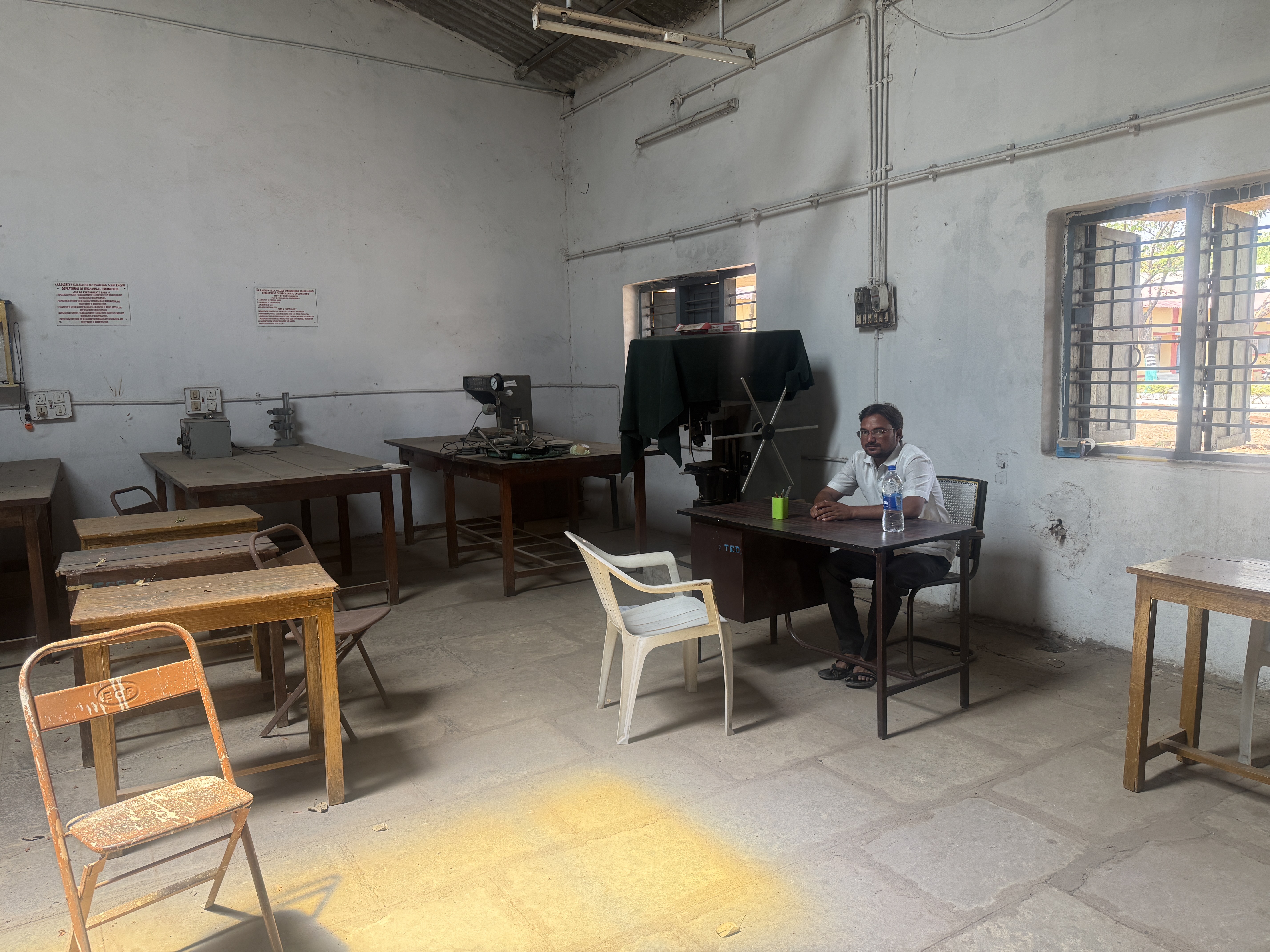
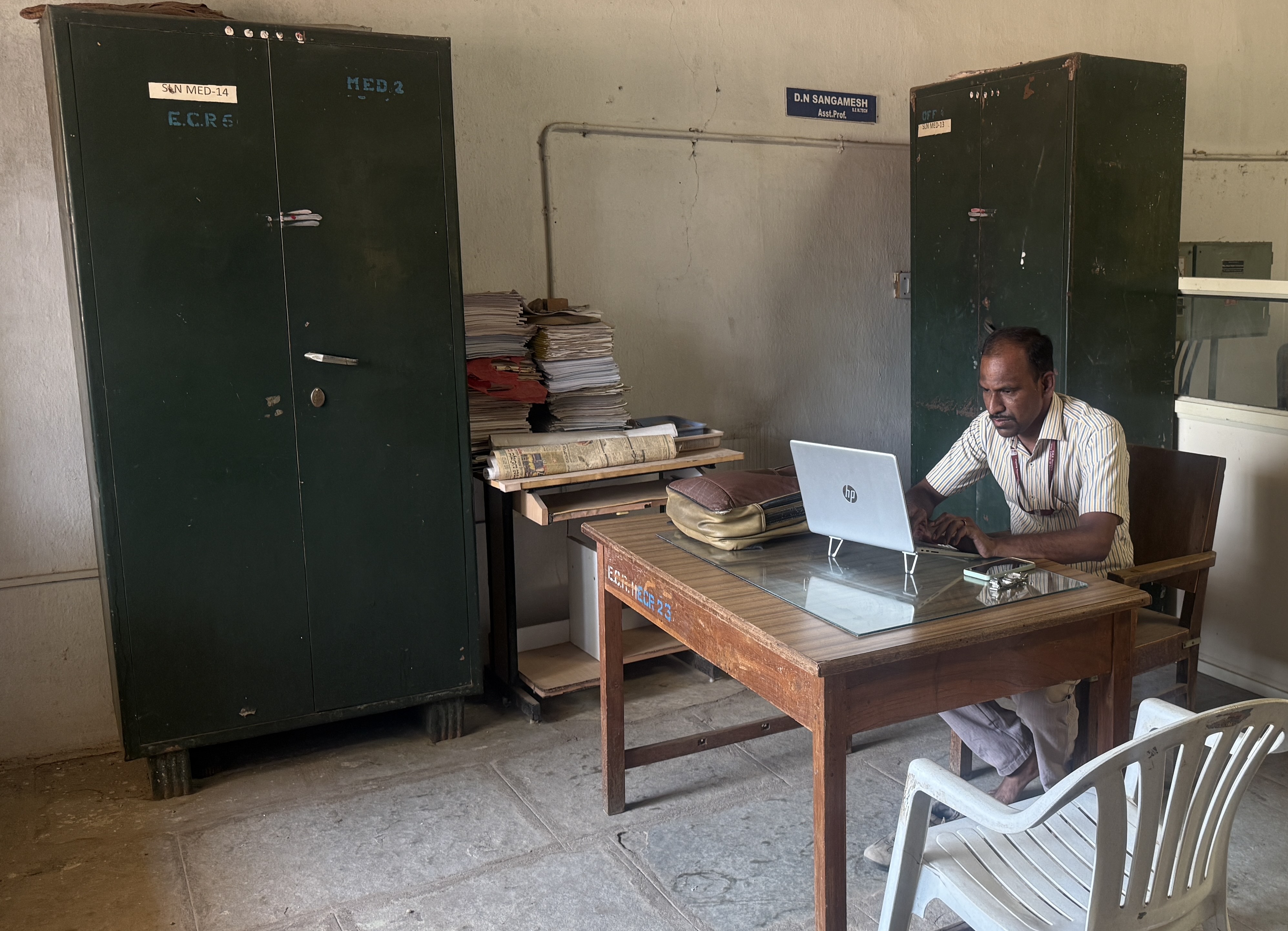
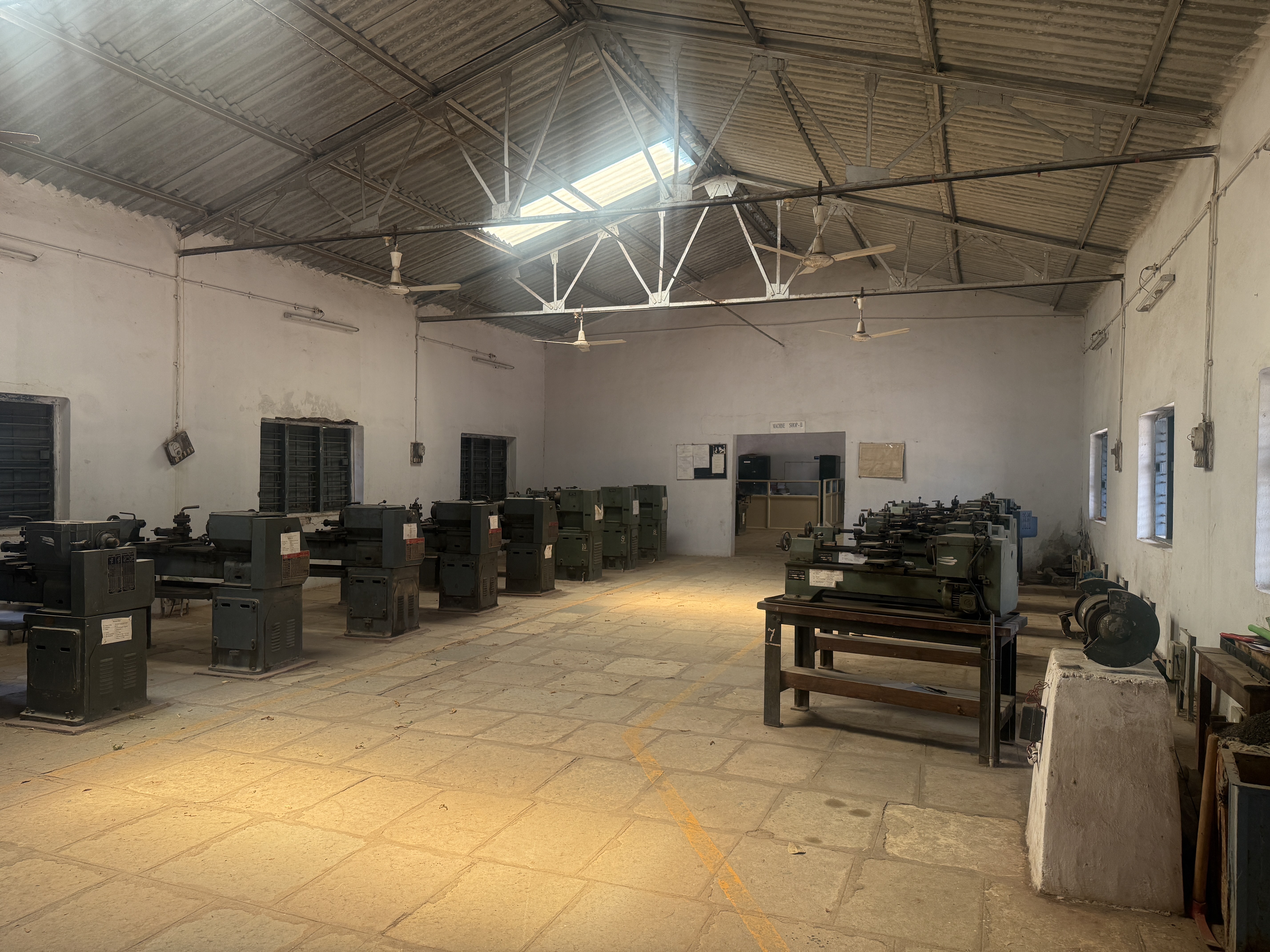
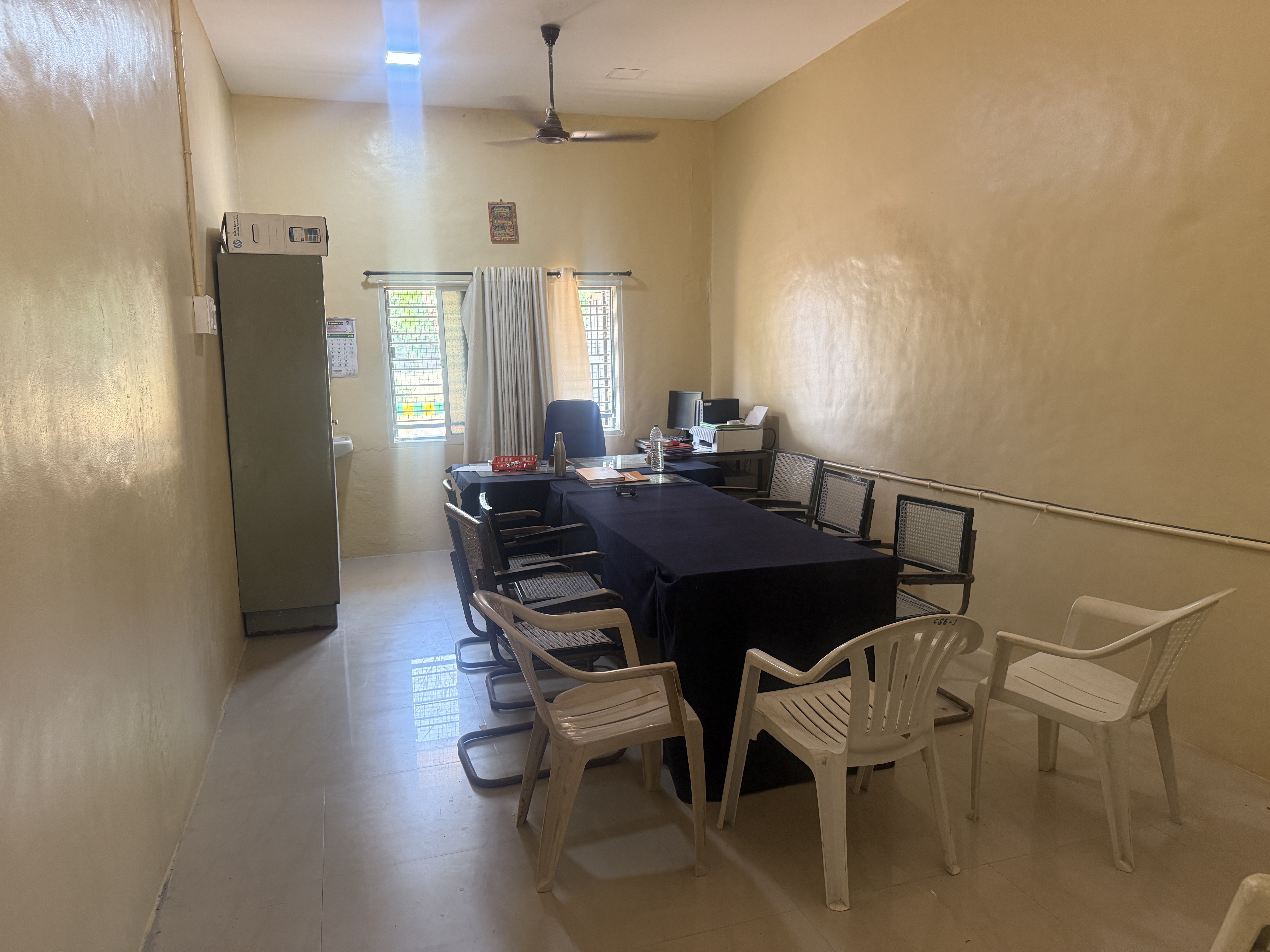
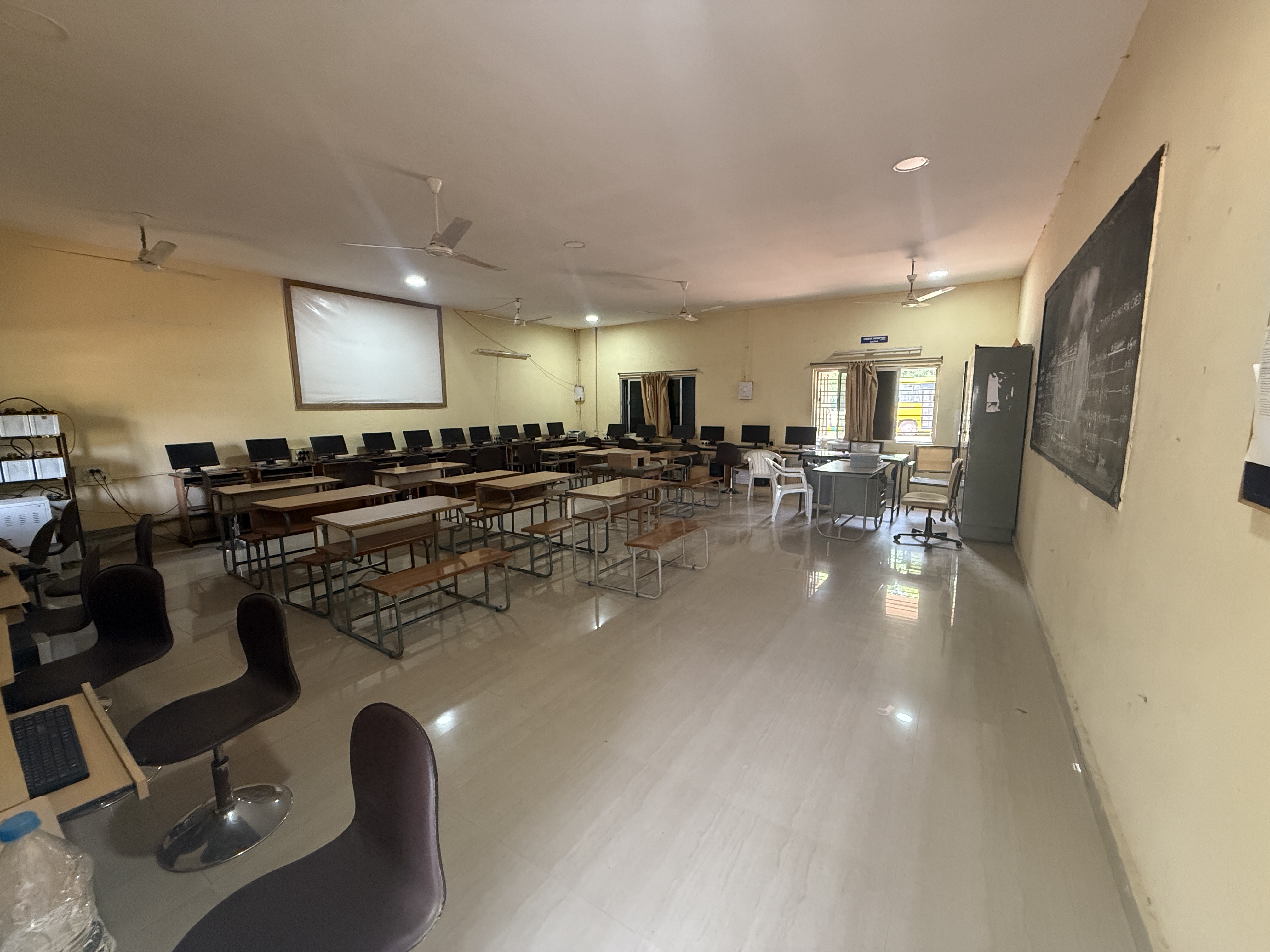

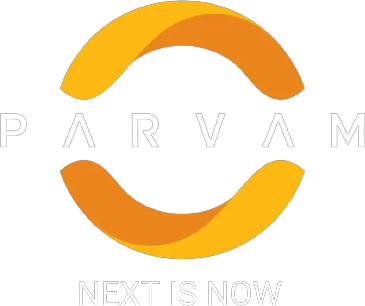 ParvaM
ParvaM